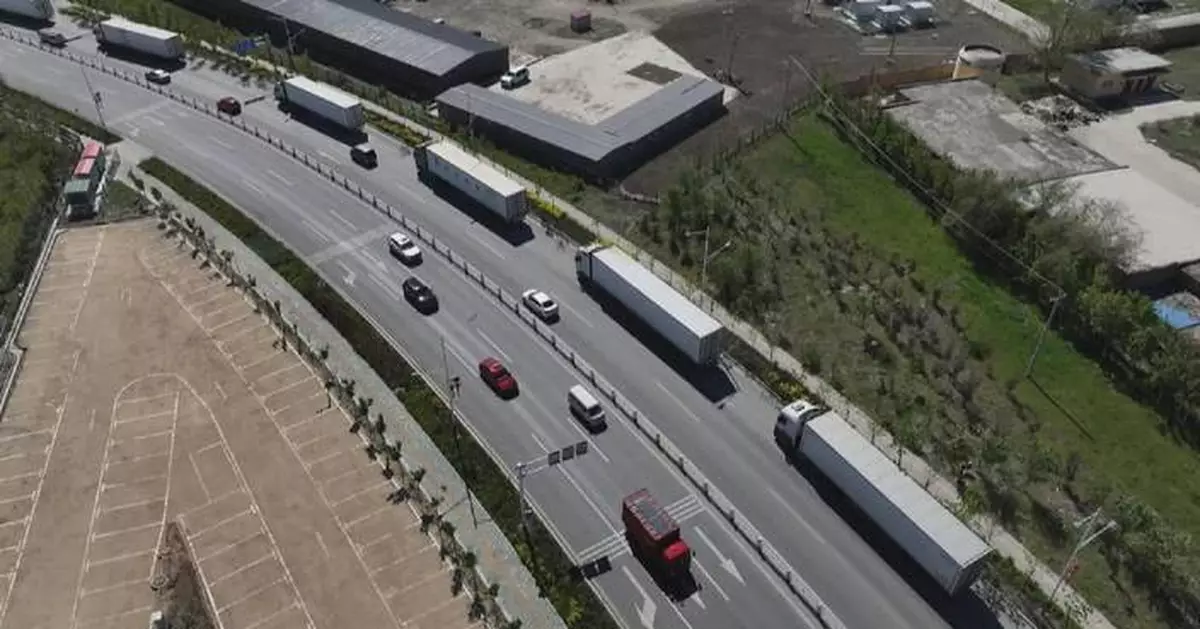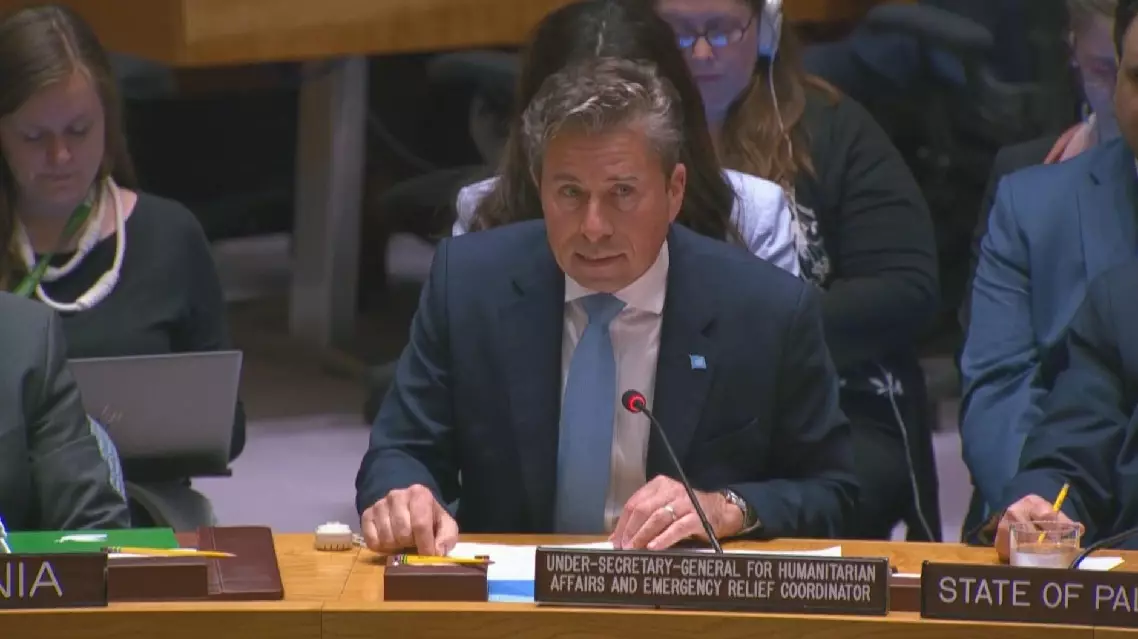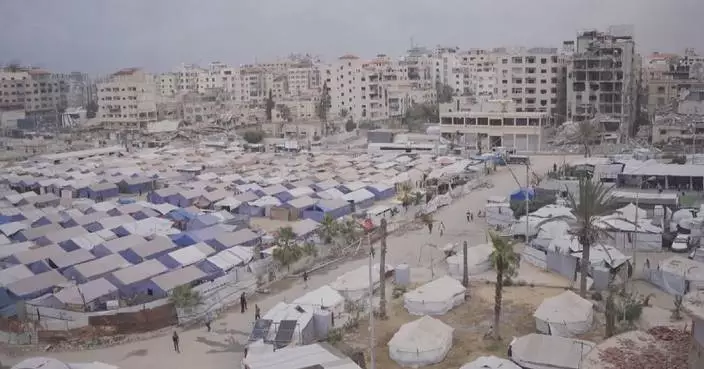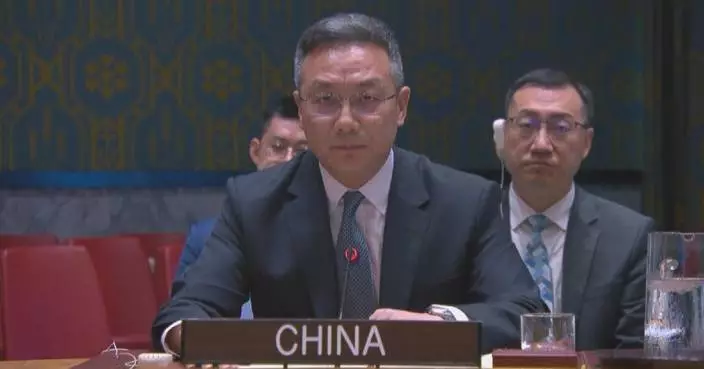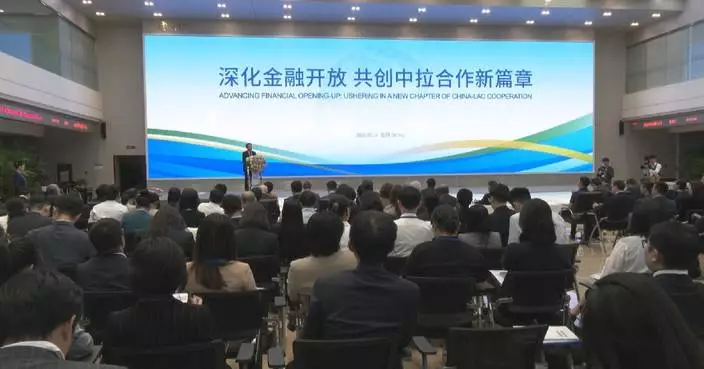Several express trucks carrying fresh fruits on Saturday started a journey from northwest China's Xinjiang Uygur Autonomous Region, making a direct trip to Almaty, Kazakhstan, capitalizing on the expedited customs clearance privileges.
This express line employs high-performance large trucks for seamless cross-border transportation of goods. In accordance with the "International Convention on the Harmonization of Frontier Controls of Goods" guidelines, the goods on the trucks can be dispatched from the originating warehouse and delivered to the destination warehouse without customs inspections or container openings along the route, thereby significantly reducing clearance time and transportation costs.
In this mode, customs officials handle the consolidation, loading, and inspection procedures for the exported produce at a fruit and vegetable wholesale market located in Xinjiang. Once these vehicles reach the Horgos Port, a major border junction in Xinjiang connecting China and Central Asia, they can proceed directly to Kazakhstan without further delays.
This streamlined and efficient cross-border transportation process means much lower cost for exporters.
"For our merchants, this is a significant advantage as it reduces transportation time. Previously, going through the port procedures would add an extra day to the transit. But the express trucking mode saves a day of transportation time and eliminates the need for two transshipments. Merchants can now complete all relevant customs procedures here in one go, providing them with great convenience and benefiting their business tremendously," said Zhou Kai, person in charge of the wholesale market for agricultural products.
In the past, the transportation process of exporting fruits and vegetables from key markets in Xinjiang to Central Asia involved transporting the goods to ports for inspection and customs clearance. This procedure not only consumed a significant amount of time but also led to substantial losses of perishable produce.
However, the fresh customs clearance mode is now establishing a door-to-door transportation system with Central Asian countries. This streamlined approach has reduced the transportation time sharply by more than 50 percent, while also minimizing goods loss by around 3 percent.
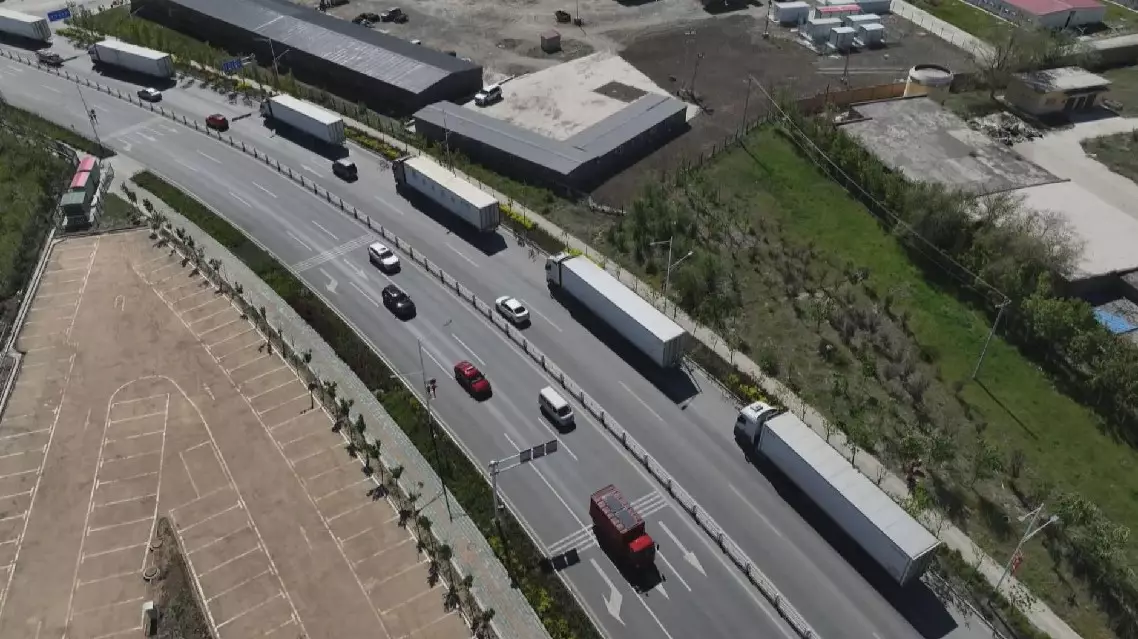
Xinjiang's fruits make inaugural journey on express trucks to central Asian market
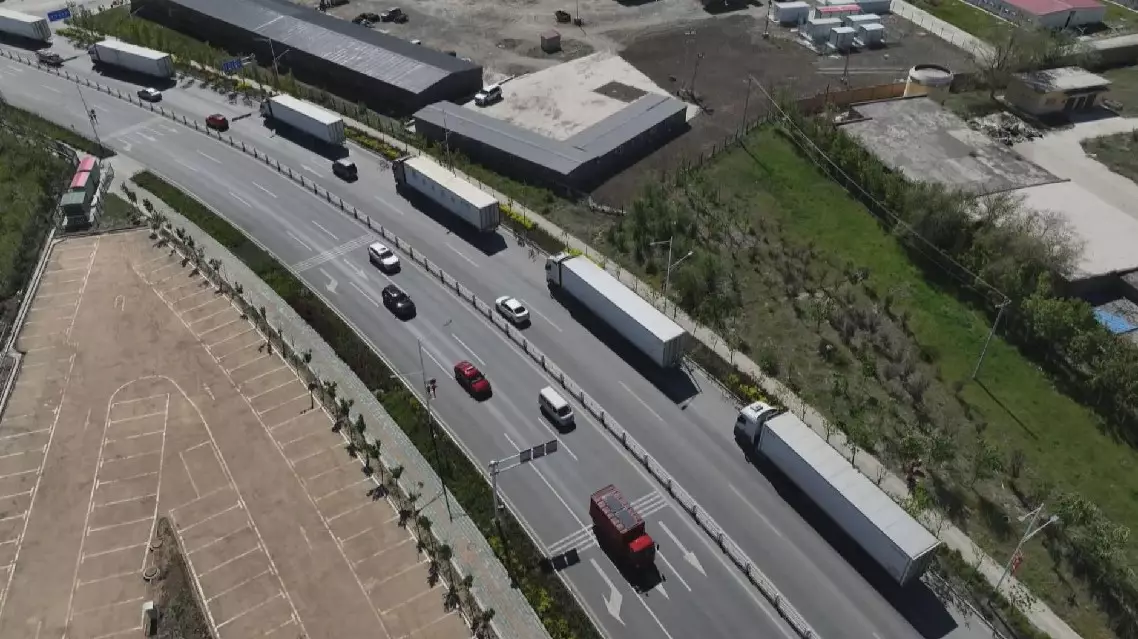
Xinjiang's fruits make inaugural journey on express trucks to central Asian market


